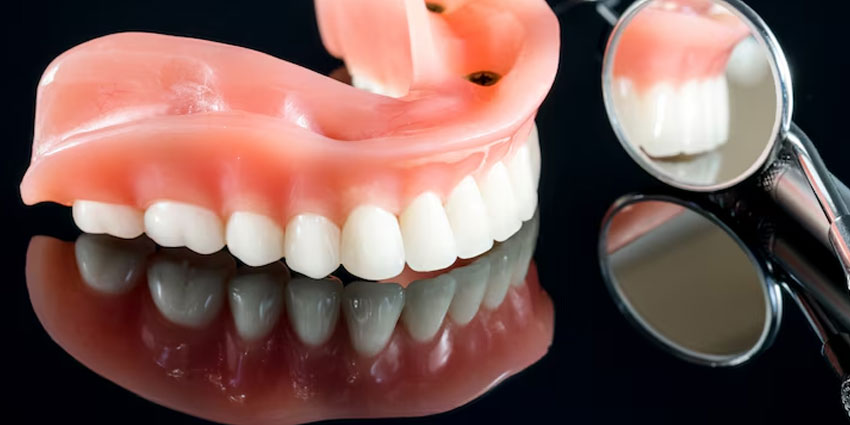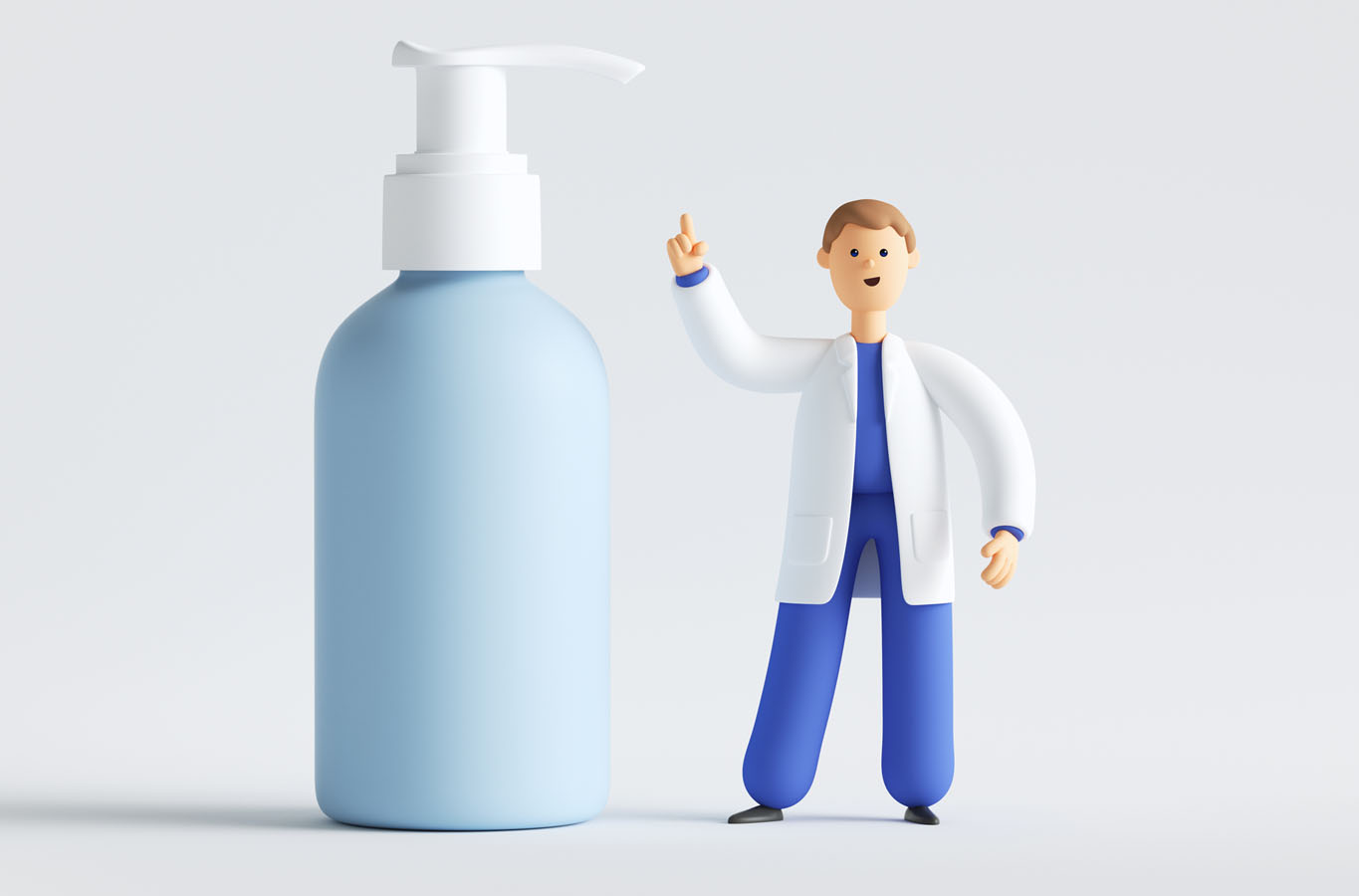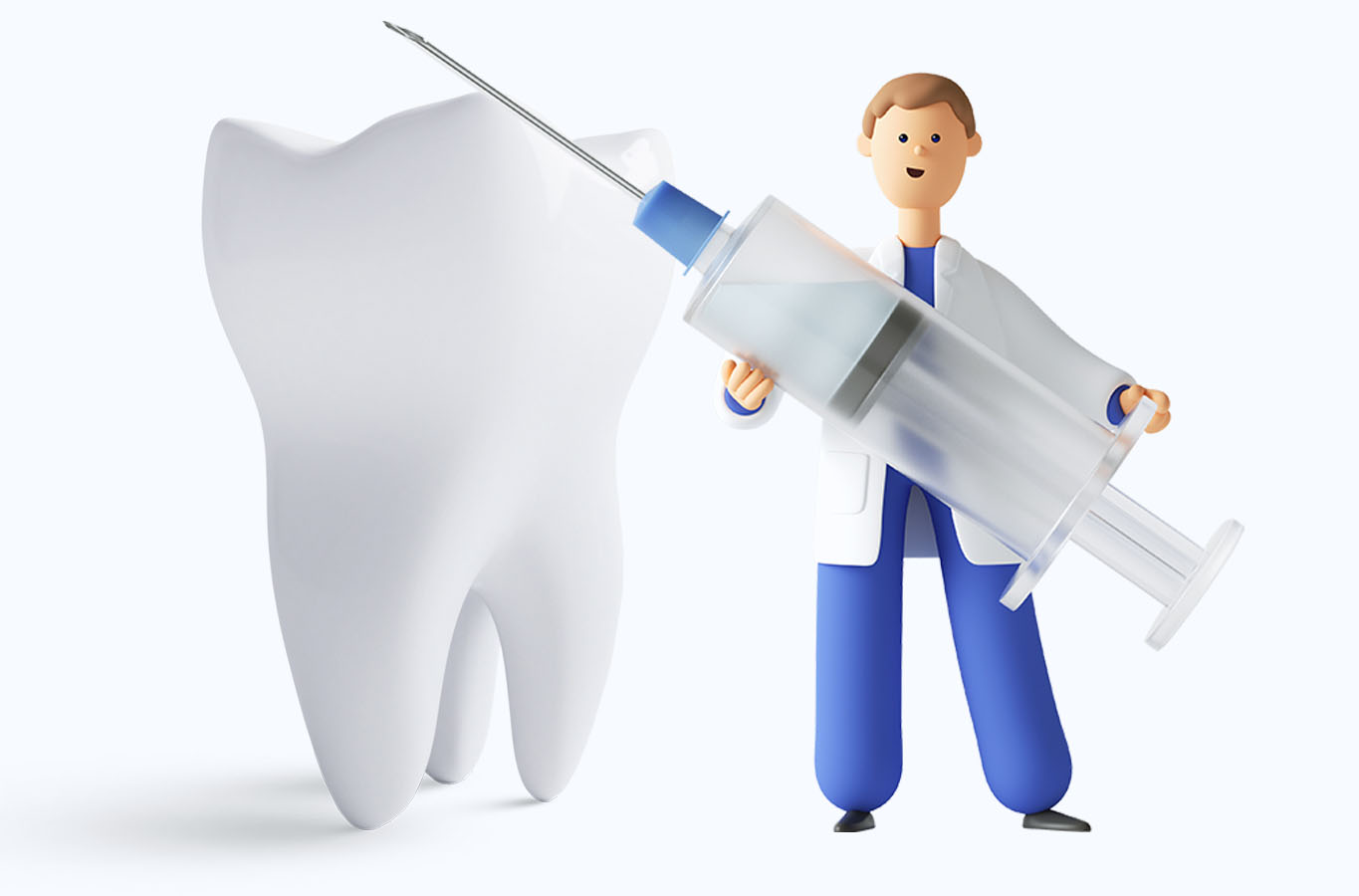
Introduction
Dental crowns are one of the most common restorative dental procedures, offering a versatile solution for a variety of dental issues.
Whether you have a damaged tooth, need protection after a root canal, or want to enhance the appearance of a discolored or misshapen tooth, a dental crown can provide both aesthetic and functional benefits. In this blog, we’ll explore what dental crowns are, why they’re used, and what to expect during the procedure.
What Are Dental Crowns?
A dental crown is a custom-made cap that fits over a damaged, decayed, or unattractive tooth. Crowns are designed to restore the tooth’s shape, size, strength, and appearance. They are typically made from durable materials such as porcelain, ceramic, resin, or metal, each chosen based on the specific needs of the patient and the location of the tooth.
When Are Dental Crowns Needed?
Dental crowns are used in a variety of situations, including:
- Protecting a Weak Tooth
If a tooth is weakened by decay, a large filling, or after a root canal treatment, a crown can protect it from further damage or fracture. - Restoring a Broken or Worn-Down Tooth
Crowns can restore a tooth that is broken, severely worn down, or has been cracked, bringing it back to its original function and appearance. - Covering and Supporting a Tooth with a Large Filling
When a tooth has a large filling and not much natural tooth structure left, a crown can help hold the tooth together and prevent it from breaking. - Covering a Dental Implant
Crowns are often used to cover dental implants, providing a natural-looking replacement for a missing tooth. - Enhancing Appearance
Crowns can also be used for cosmetic reasons, such as covering discolored or misshapen teeth, giving you a more aesthetically pleasing smile.
Types of Dental Crowns
There are several types of dental crowns, each with its advantages:
- Porcelain or Ceramic Crowns
These crowns are popular for their natural appearance and are often used for front teeth. They can be color-matched to your existing teeth, making them virtually indistinguishable. - Metal Crowns
Made from gold, palladium, or base-metal alloys, metal crowns are known for their durability and are typically used for molars that are less visible. - Porcelain-Fused-to-Metal Crowns
These crowns offer a balance between strength and aesthetics. The metal base provides durability, while the porcelain overlay offers a natural look. - Resin Crowns
Resin crowns are a more affordable option but are less durable and more prone to fractures compared to other types of crowns.
The Dental Crown Procedure
Getting a dental crown usually involves two visits to the dentist. Here’s what you can expect:
- First Visit: Preparation
During the first visit, your dentist will examine the tooth and prepare it for the crown. This may involve removing any decay and shaping the tooth to fit the crown. Next, an impression of the tooth is taken, which is sent to a dental lab where the crown is custom-made. A temporary crown is placed over the prepared tooth to protect it until the permanent crown is ready. - Second Visit: Placement
Once the permanent crown is ready, you’ll return for the second visit. Your dentist will remove the temporary crown, check the fit and color of the permanent crown, and make any necessary adjustments. Once everything is perfect, the crown is cemented in place.
Caring for Your Dental Crown
With proper care, dental crowns can last many years, sometimes even decades. Here are some tips to extend the life of your crown:
- Practice Good Oral Hygiene: Brush and floss regularly to prevent decay and gum disease, which can affect the crowned tooth.
- Avoid Hard Foods: Avoid biting down on hard objects like ice or nutshells, as this can crack or damage the crown.
- Visit Your Dentist Regularly: Regular check-ups allow your dentist to monitor the crown and ensure it’s in good condition.
Conclusion
Dental crowns are a reliable and effective solution for restoring the function and appearance of damaged teeth. Whether you need to protect a weakened tooth, cover a dental implant, or improve your smile, a dental crown can help you achieve a healthy, beautiful smile. If you think you might benefit from a dental crown, schedule a consultation with your dentist to discuss your options and take the first step toward a restored smile.
- Tags:
- Dental care
- dental crowns









